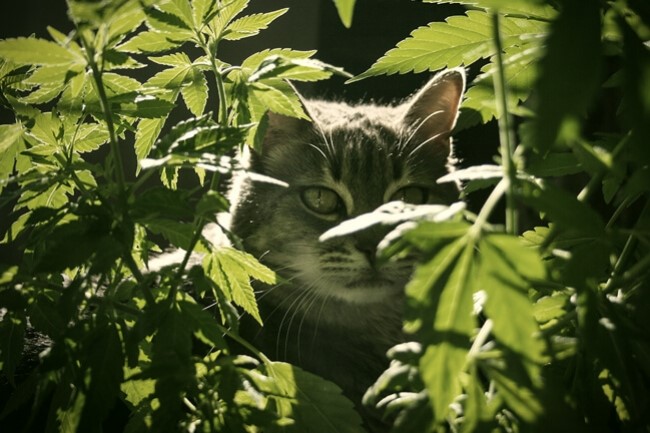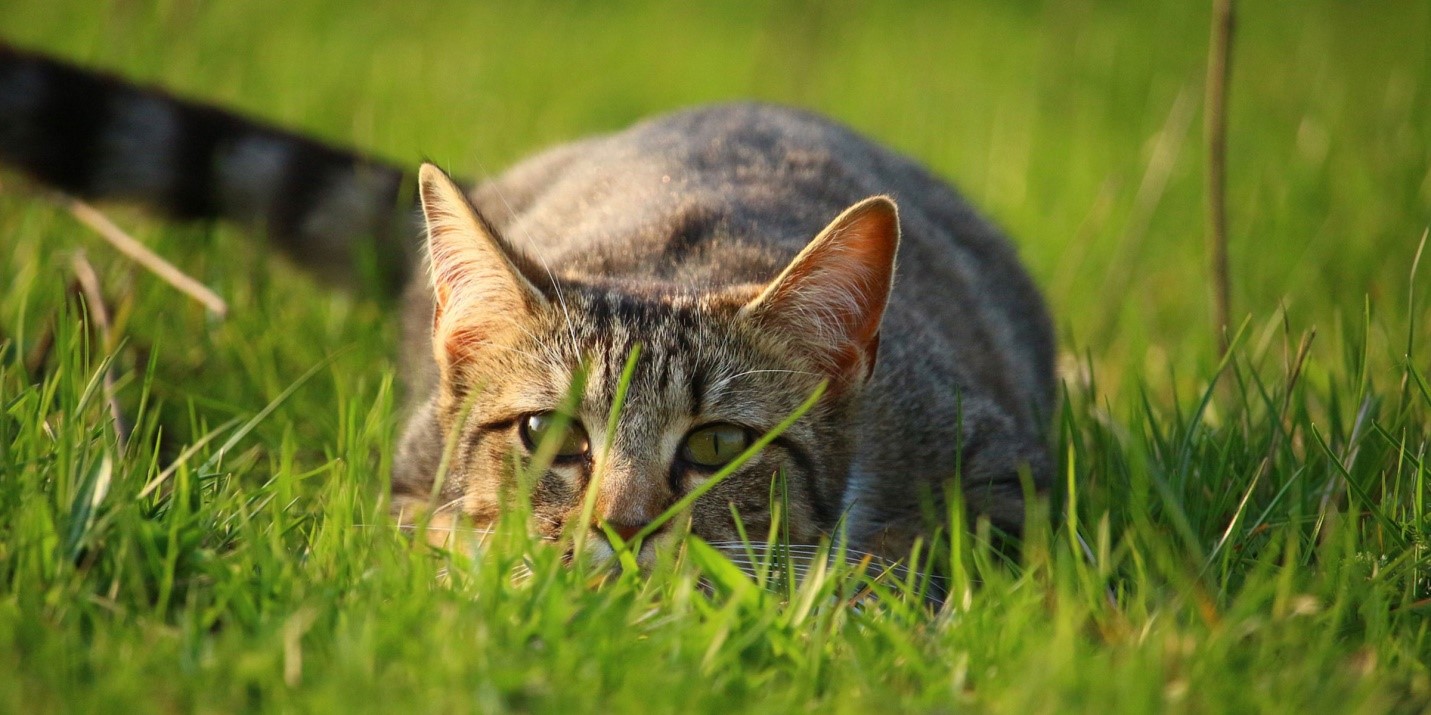
Most pet owners already know that cats tend to experience issues when inhaling second-hand smoke from cannabis or marijuana. At the same time, problems may happen when they chew the leaves of the plant or if they consume weed brownies.
Even though they think that when they consume weed is just another form of catnip, you should know that the weed with high levels of THC could cause severe problems to your feline friend.
It would help if you had in mind that catnip is an entirely different plant than cannabis that comes from the mint family and has purple and white flowers and fantastic smell that makes cats go sleepy when eaten and crazy when they smell it.
By visiting getunderskeleton CBD oil cat treats, you will be able to see the best options available on the market that are safe to your feline friend.
On the other hand, weed or marijuana comes from the Cannabis sativa plant, and it features THC that causes an altered state of mind or the feeling of “high.”
In some states in which medicinal marijuana is legal, it is a common solution used for treating nausea and pain that happens after chemotherapy in cancer patients.
However, it is still a question whether it can benefit our cats. The facts state that if cats come close to the marijuana smoke, they will experience the effects that could be life-threatening.
What Happens When Cats Get Exposed To Weed?

We have mentioned above that the most common way cats are exposed to weed is by ingesting dried plants or inhaling smoke. Even though catnip can cause euphoria and a relaxed state of mind, you should avoid making your cat smoke any substance.
The first problem lies in the idea that when a cat inhales any smoke, it will experience similar effects as people, but much more reliable in general.
Therefore, it is not advisable to smoke when you are close to your feline friend, especially since prolonged second-hand inhaling can lead to lung issues and asthma, among other problems.
If your cat decides to eat or nibble the buds or leaves from the growing plant, that may also lead to problems.
Some owners decide to feed their cats with brownies or cookies that feature weed, which is a severe problem that could lead to issues because the brownies feature chocolate that is toxic for cat’s consumption.
Common Symptoms
Based on the American Society for the Prevention of Cruelty to Animals cats will experience hyperactive salivation, excitation, extreme sleepiness, low blood pressure, and dilated pupils. You can check here for common symptoms of animals induced by weed exposure.
In the worst instances, they will experience low body temperature that could lead to fatality, but that is not as common. The common symptoms include vomiting, incoordination, slow heart rate, anxiety in combination with depression, and seizures.
In case you notice that your cat has some of the symptoms we have mentioned above, you should call your vet as soon as you can.
CBD Oil Is Good For Your Feline Friend
The side effects and intoxication symptoms happen when cats consume weed that features high levels of THC. However, CBD is a different compound, which is also part of cannabis and can deal with specific issues that your cat is experiencing.
If you live in a state where it is legal to purchase CBD oil, you should know that with the right dosage, it could prove highly beneficial for your cat.
Of course, you need to conduct comprehensive research and determine the brand and type of oil you wish to get as well as dosage.
CBD is cannabidiol, which is a specific compound found in the cannabis Sativa plant that comes with a wide array of benefits for health and reducing the symptoms of chronic illnesses.
Differences between Hemp Oil and CBD
People tend to confuse hemp oil with CBD oil because both of them come from the cannabis plant. However, hemp does not come with high levels of CBD, and it derives from the specific type and strain of Cannabis sativa known as hemp that features low levels of THC.
On the other hand, THC comes from either hemp or marijuana plant, and it is an active compound that comes with numerous benefits. Keep in mind that THC is something completely different because it is a compound that features psychoactive effects on your brain and body.
Remember that weed plants feature high levels of THC depending on the strain, while that is not the case with hemp plants in general.
You can rest assured because CBD does not feature psychoactive effects, which means that you can use it without experiencing the same effects as smoking.
If the products feature higher levels of THC, you should avoid giving them to cats because of safety problems that may happen.
Reasons to Give Your Cat CBD Products
If you wish to ensure the effective and safe treatment and reduce giving your feline friend potent meds that come with adverse side effects, you can use the alternative approach with CBD oil.
According to cat owners that gave CBD to their cats, they had success when treating numerous issues and conditions. However, you should know that cats and dogs tend to process supplements and meds differently, which is why you should use the right dosage, among other things.
Potential Concerns
Due to a limited number of studies, it is challenging to determine whether these products are entirely safe in the long run.
However, CBD oil does not come with side effects similarly as THC, and it can help your cat handle chronic pain that comes from different conditions such as arthritis.
As soon as you watch this video: https://www.youtube.com/watch?v=XhRk63YbhzI you will be able to learn more about cannabinoids and CBD oil.
You should know that CBD could interfere with other medications that you are giving to your cat, which is why you need to conduct thorough research before you make up your mind.
Based on owners’ experiences, they gave CBD to their cats, and as a result, the feline friends reduced the moodiness and grumpiness that could happen due to constant pain they experience.
At the same time, they improved the eating habits, which affected the immune system and their ability to respond to potential infection.


